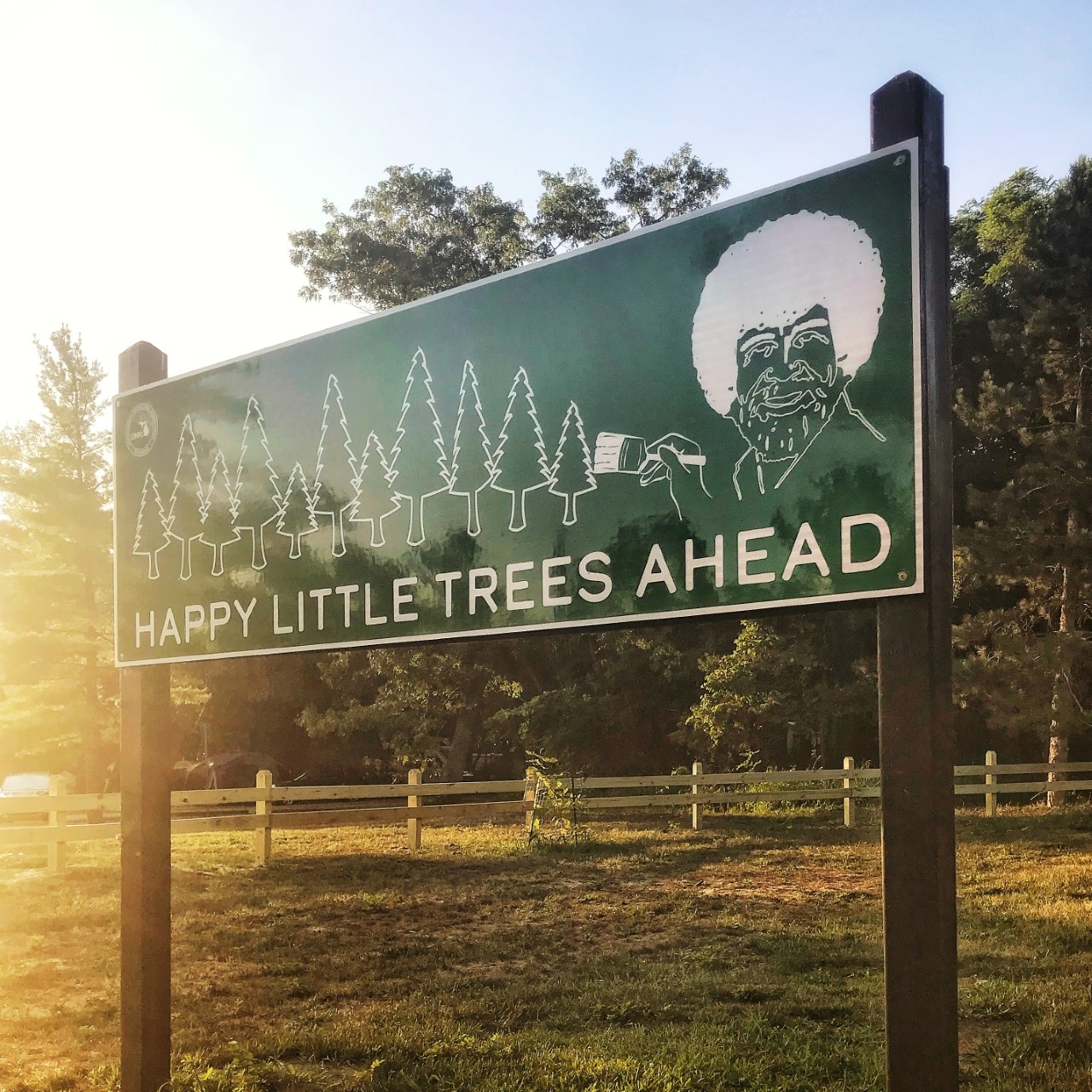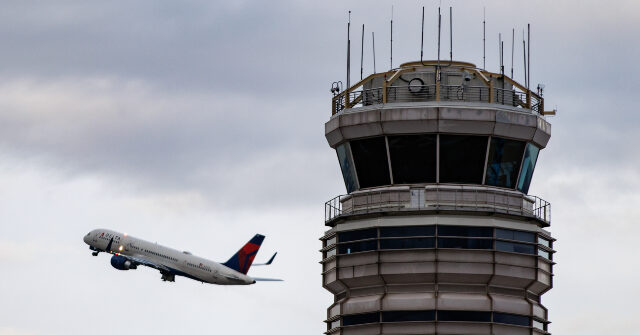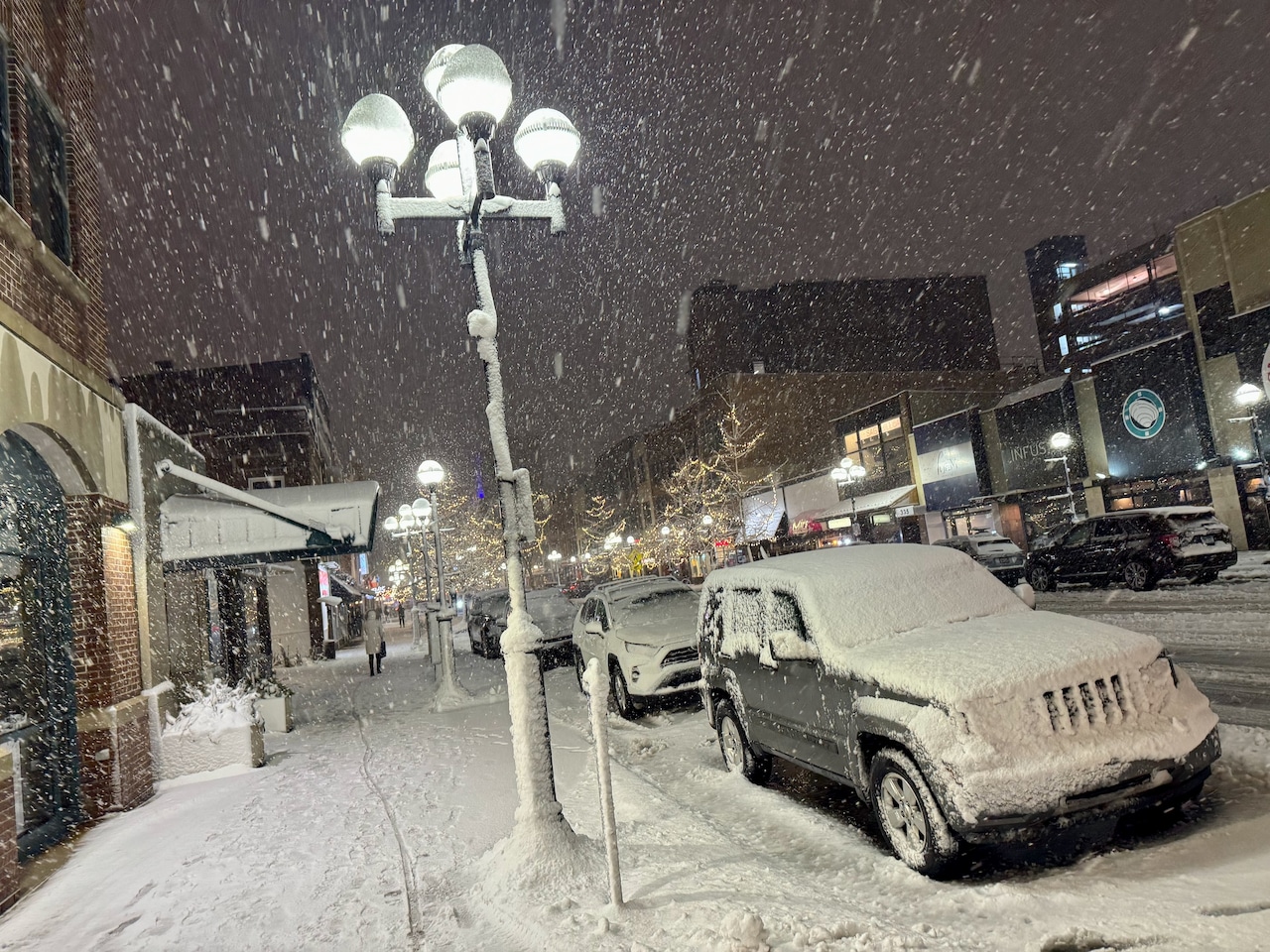Copyright M Live Michigan

It’s no accident that more than 2,000 happy little trees have been planted in Michigan state parks. The annual Bob Ross-inspired run and forest protection program has brought impact off the canvas and into 20 Michigan state parks. Join the fun this spring, the registration for the Happy Little 5K is now open. The event is virtual and happening across Michigan and 12 other states between April 18-26, 2026. The rules are simple: Pick your pace and place. Runners can walk, run or stroll through the outdoors anywhere during the nine-day window that includes both Earth Day (April 22) and Arbor Day (April 24). The $36 covers the shipping for a keepsake T-shirt, sticker, commemorative bib and finisher’s medal. You can sign up here. The homegrown collaboration between the Michigan Department of Natural Resources and Bob Ross Inc. has planted the seeds for a dozen states. From Florida to Oregon, DNRs are now using the virtual 5k to support tree-planting and forest health in state parks. Participation has grown substantially since its inception in 2019. More than 10,000 people, in Michigan and across a dozen other states, participated in the 2025 event, according to the DNR. The 2025 event raised more than $200,000 for tree-planting and forest health, with each state receiving funds proportional to its participation. In Michigan, more than 2,100 trees have been planted across 20 state parks with support from the Bob Ross partnership. State parks where trees have been planted have a bright green “Happy Little Trees Ahead” signs to note the program’s contributions. The “Happy Little 5k” honors longtime PBS show host and artist, Bob Ross, who inspired many to appreciate the beautiful landscapes Mother Nature provides. The Bob Ross partnership elevated an existing tree planting program that dates back to 2004. The Michigan DNR used the 5K to rebrand the state’s “prison grow” program. The Michigan Department of Corrections’ Horticulture Education program isa training and job skills initiative in which inmates raise native saplings that are later planted by volunteers at state parks.



